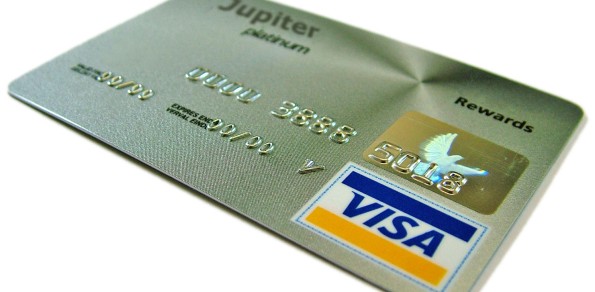
What Should A Homeowner Do Upon Receipt of a Foreclosure Notice, NOD, or Notice of Default?
16 March 2009
If you are behind in your mortgage payments, it is likely you have received a Notice of Default (NOD) from your lender. A NOD is a public notice to you, as well as the world, that you have defaulted on your mortgage and the lender intends to take foreclosure action if you do not pay by the regulated redemption period. What should you do if you receive a NOD?


















